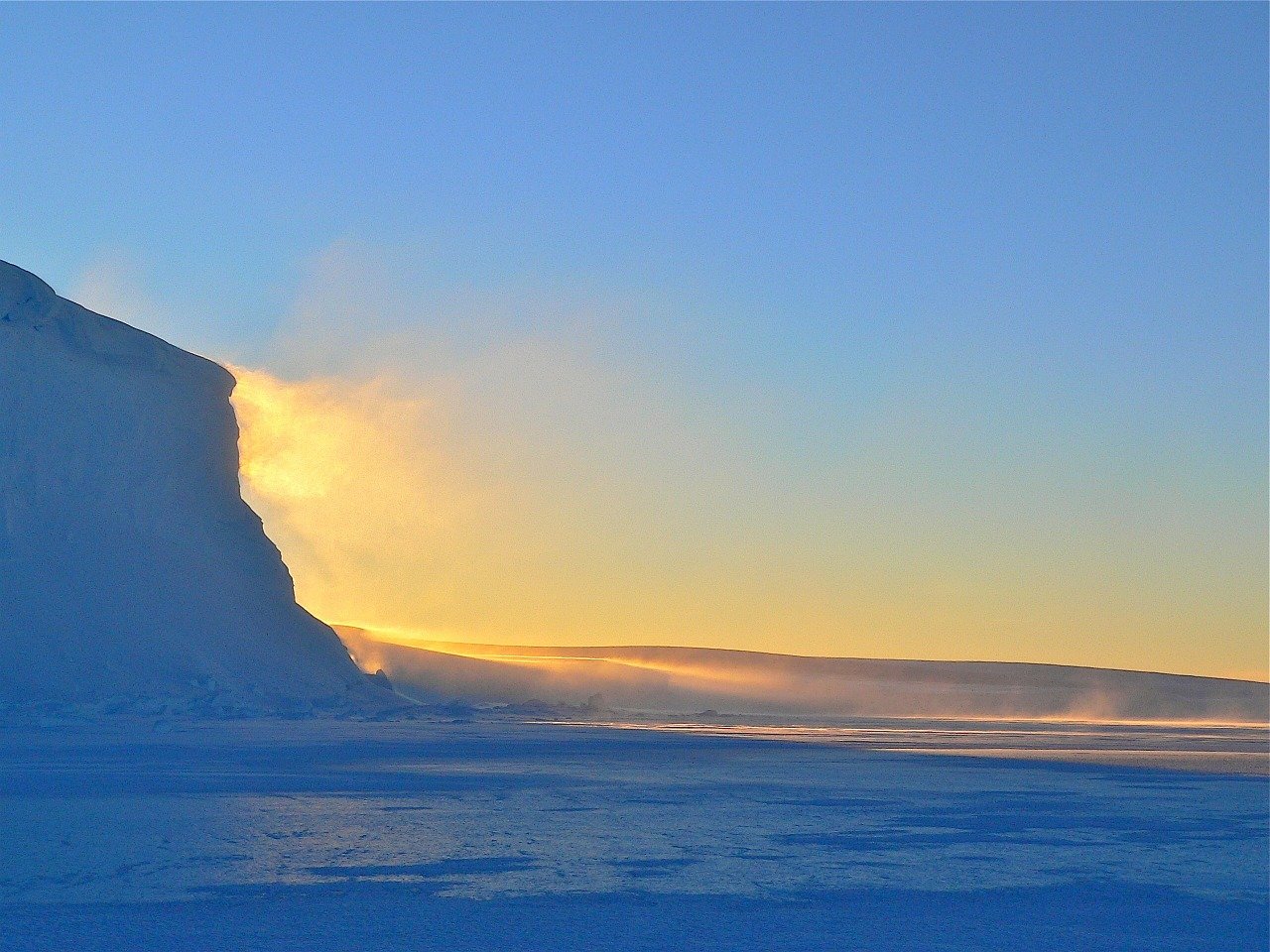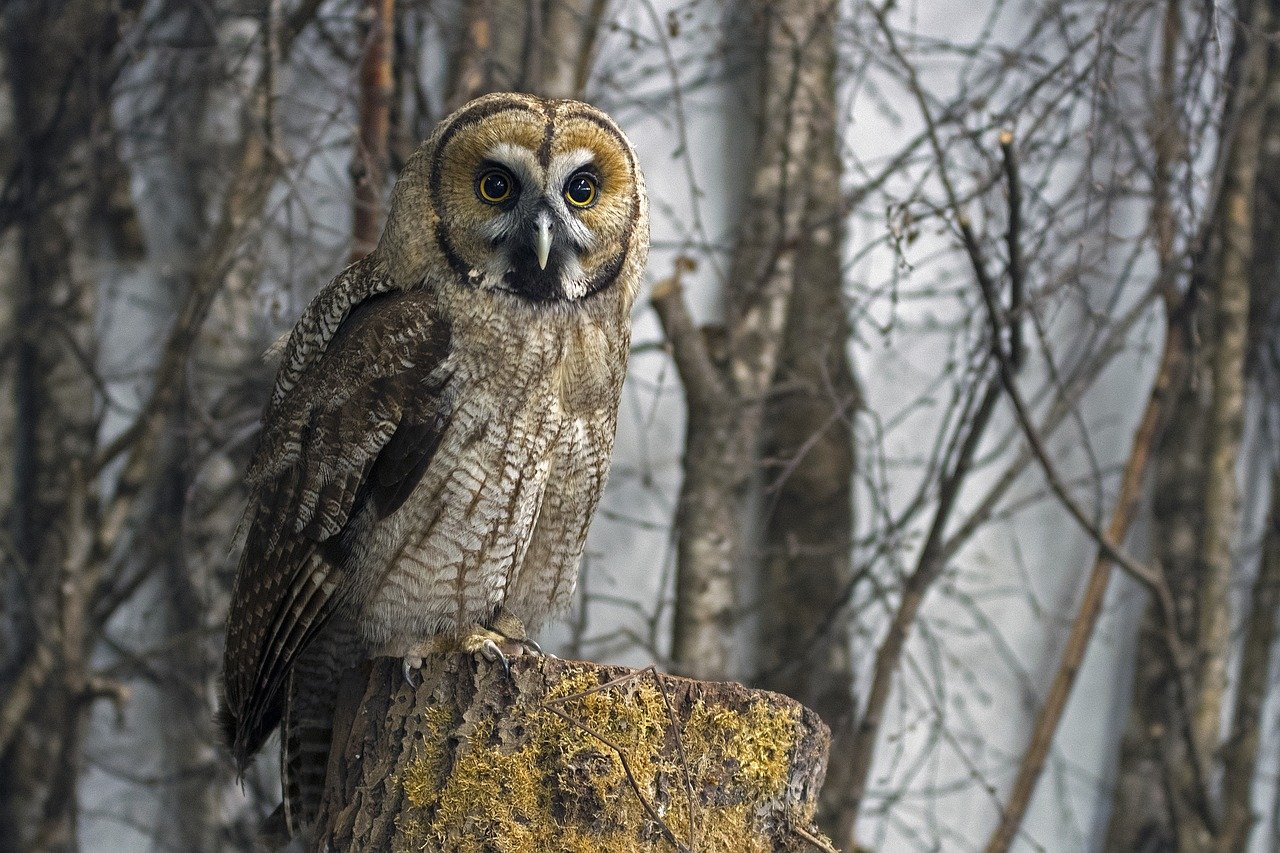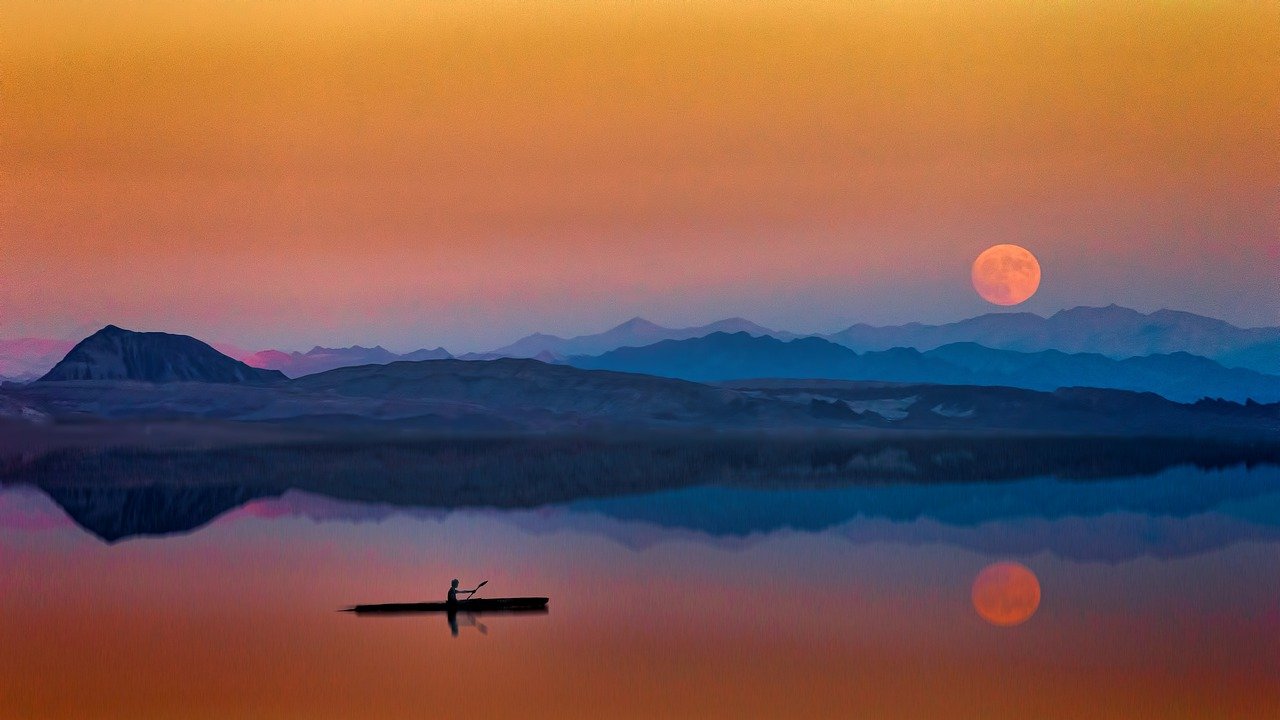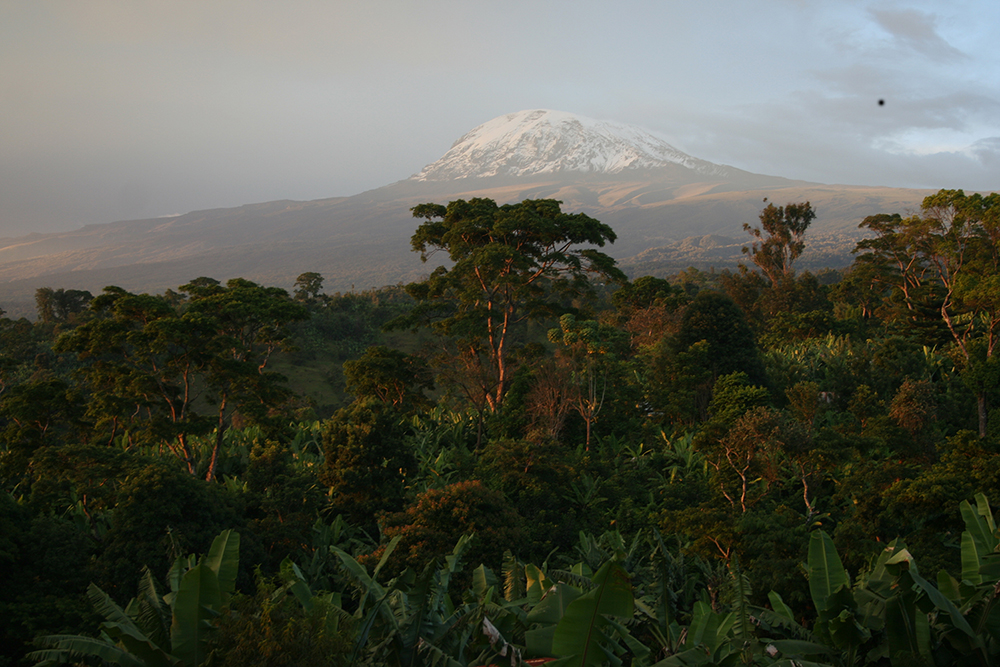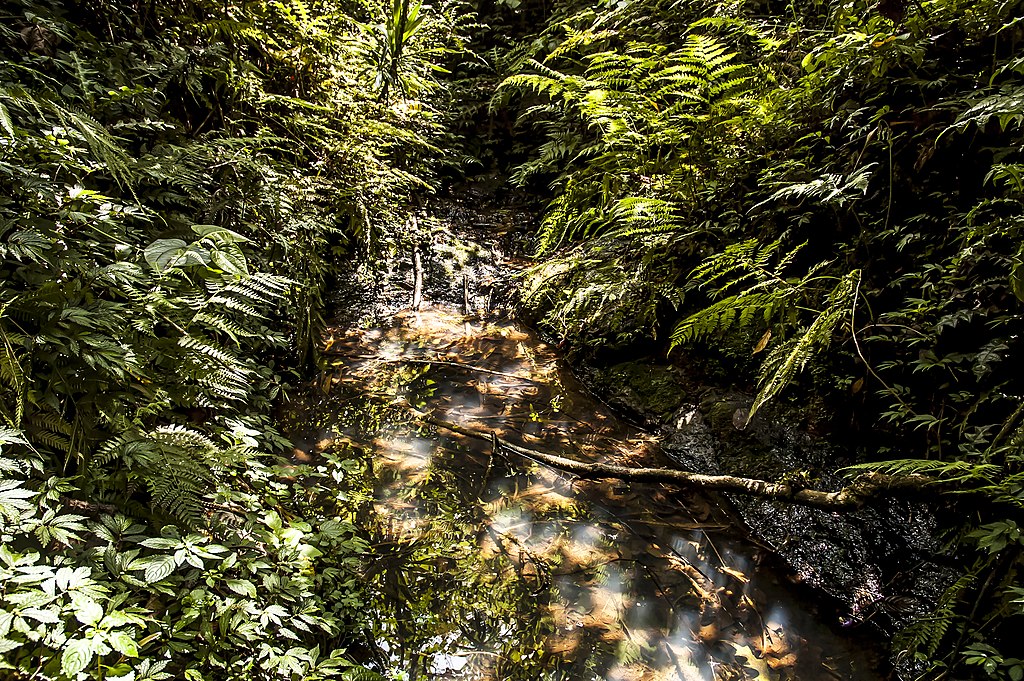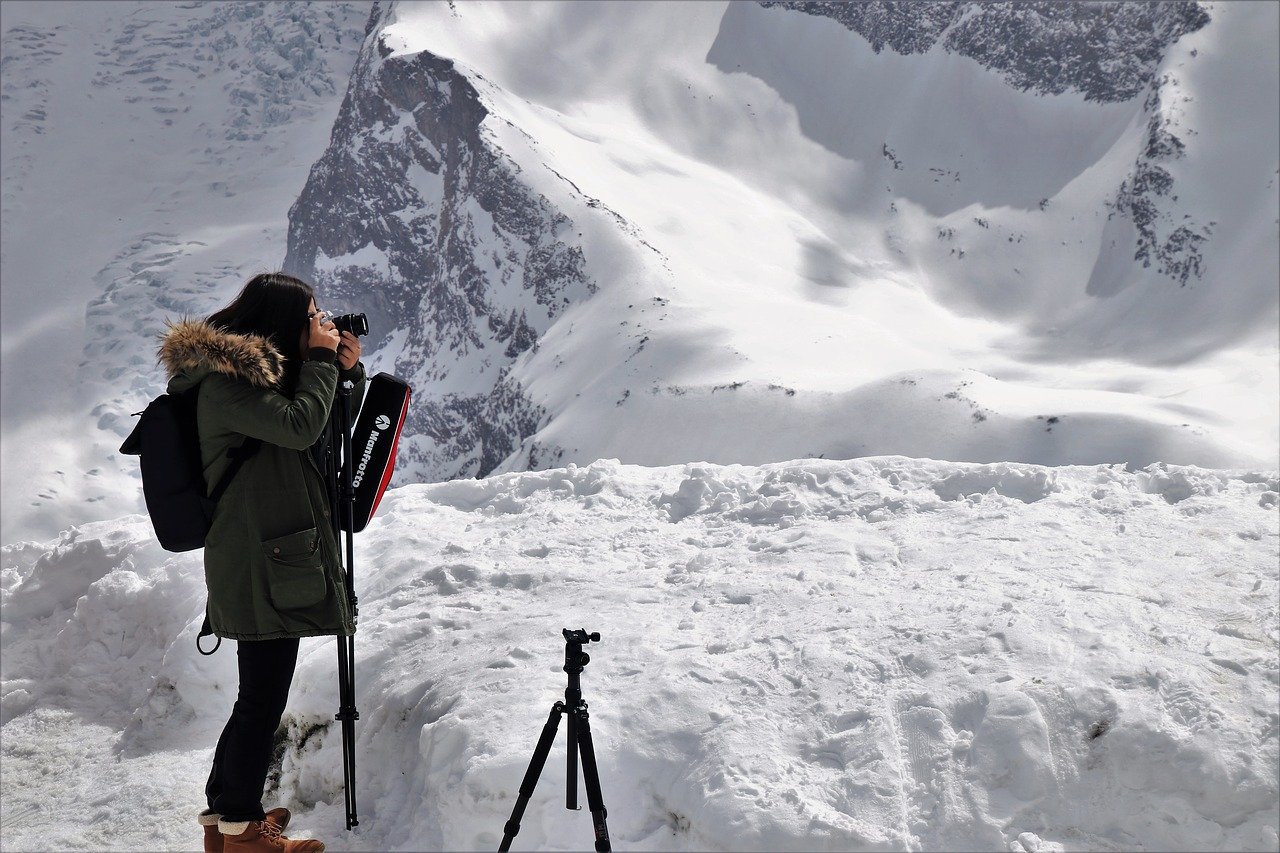News
- Details
- Category: Global News
The ISC's World Data System and Committee on Data are pleased to announce that the Call for Session Proposals is now open for SciDataCon 2021, which is an integral part of International Data Week 2021 (8–11 November 2021; Seoul). The overarching theme of IDW 2021 and SciDataCon is Data to Improve our World. Session proposal submission is now open and closes 31 March 2021.
- Details
- Category: Global News
The rate at which ice is disappearing across the planet is speeding up, according to new research led by scientists from the University of Leeds and published in the journal The Cryosphere.
The findings also reveal that the Earth lost 28 trillion tonnes of ice between 1994 and 2017 – equivalent to a sheet of ice 100 metres thick covering the whole of the UK.
The research is the first of its kind to carry out a survey of global ice loss using satellite data.
- Details
- Category: Global News
Registration to participate in the external review of the second order draft of the IPBES Values Assessment and the first order draft of the Summary for Policymakers is now open. The review period runs from 20 January to 19 March 2021.
The Intergovernmental Science-Policy Platform on Biodiversity and Ecosystem Services (IPBES) has issued a call for expert reviewers for the IPBES Values Assessment, a methodological assessment regarding the diverse conceptualization of multiple values of nature and its benefits, including biodiversity and ecosystem functions and services.
- Details
- Category: New Publication
To celebrate the first anniversary of Nature Reviews Earth & Environment, the journal asked six researchers investigating Earth surface processes to outline notable developments within their discipline and provide thoughts on important work yet to be done.
Among the scientists offering insights into some of the key advances and exciting future prospects in their areas of expertise was MRI SLC member Professor Irasema Alcántara-Ayala, whose research seeks to understand the root causes and drivers of disaster risk, and to promote an integrated research perspective.
- Details
- Category: Education & Training
The Postdoc Academy for Transformational Leadership is designed to develop the next generation of leaders in sustainability and transformation research. Applications are now open, and the deadline is 15 February 2021.
The Postdoc Academy for Transformational Leadership provides an intensive high-end training course with four seminars in two years that broaden the research competencies of postdocs and promote their qualifications towards transdisciplinary leadership. The program also offers seed funding (e.g., for stakeholder meetings or proposal writing activities) to small groups of participants, who plan to initiate research collaborations. Through the programme, an active network of current and former participants will also be established.
- Details
- Category: Global News
A capacity-building project coordinated by the University of Bayreuth is working to develop scientifically-based further education programs in Tanzania in order to develop the next generation of experts needed to ensure the long-term preservation of the country's biodiversity.
Biodiversity is a central ecological and economic resource for Tanzania, thanks to its extensive nature reserves. For its long-term preservation, the East African country needs experts who can develop and implement effective strategies and measures. As part of a new project funded by the EU to the tune of up to € 790,000, the University of Bayreuth is working towards establishing commensurate courses of study at universities in Tanzania. In doing so, it will work closely with European and Tanzanian partners in research and on the ground.
- Details
- Category: New Publication
A new paper published in the Journal of Quaternary Science presents the results of a sedimentological and palynological analysis of a Late Pleistocene–Holocene sediment record of Afromontane forest change from Nyabuiyabui wetland in Kenya's Eastern Mau Forest.
The paper, co-authored by MRI SLC member Rob Marchant, also stresses the importance of managing and ensuring an intact and functioning forest‐hydrological system for the Mau Highlands and the wider lowland savanna ecosystems and livelihoods.
- Details
- Category: Global News
Inspiring Girls Expeditions empower young women to lead and succeed through science, art, and wilderness exploration. 16- and 17-year-old girls* are now invited to apply to participate in free wilderness science expeditions in Alaska, Washington, Colorado, Canada, Switzerland, and Austria.
These expeditions offer participants a chance to spend 12 days walking on glaciers, sea kayaking in icy fjords, scrambling on rocks, or paddling down a boreal forest river with like-minded teens and instructors. Applicants do not need any prior outdoor experience for these expeditions, which interweave science, art, and outdoor exploration. Learn more about eligibility requirements on the Inspiring Girls website.





